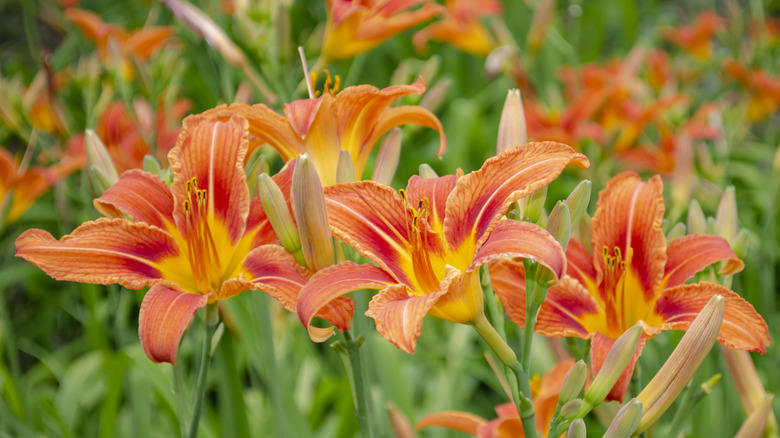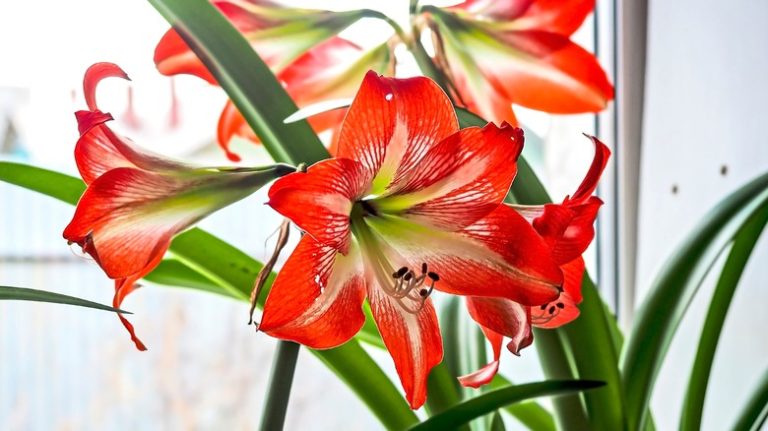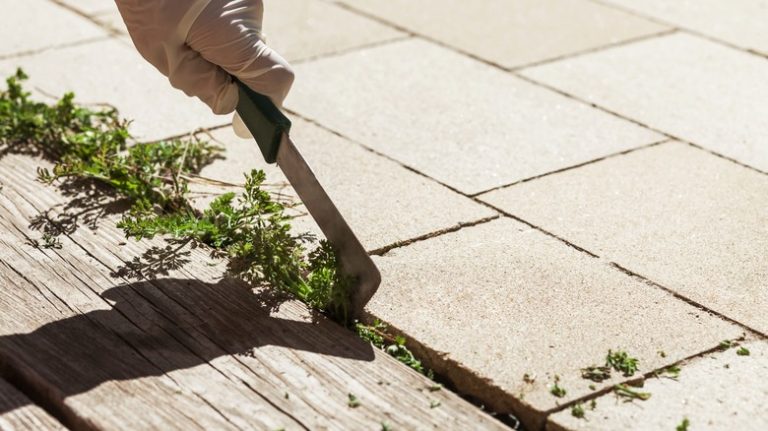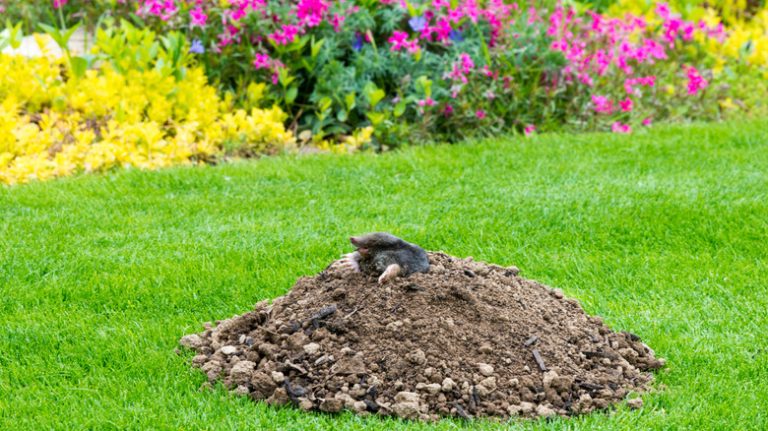Daylilies are one of North America’s most popular perennial flowers, and for good reason. They’re relatively easy to grow and maintain, they don’t require much pruning, and they come in a rainbow of colors. But there’s one simple ingredient that can help your daylilies and their beautiful blooms thrive, and it’s probably in your kitchen right now. When used correctly, a bit of baking soda can make your soil more alkaline, which daylilies love.
If you grow flowers in your garden, you probably put a lot of thought into where to plant your blooms for optimal sun, when and how much to water them, and what fertilizer and compost to add to enrich your soil. Also worth considering, though, is your soil’s pH. This is a chemical property that indicates how acidic or alkaline your soil is. You may not be able to see pH with the naked eye, but it can significantly impact your plants — for better or worse. Different plants have different pH needs, and since daylilies prefer slightly alkaline soil, you can give them a boost with a sprinkle of baking soda.
Daylilies love alkaline soil
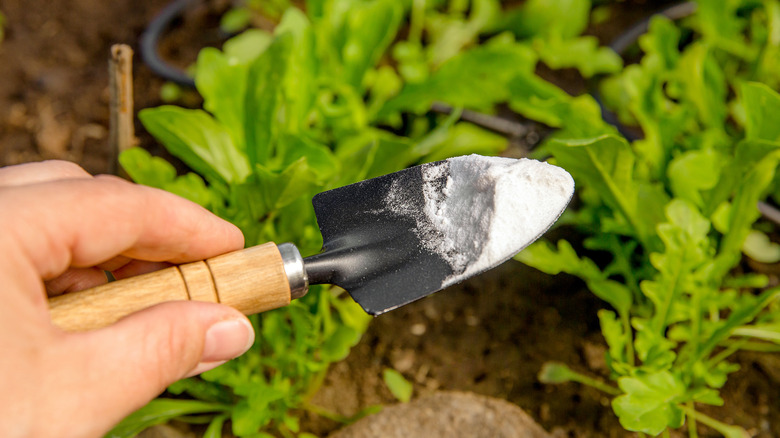
You’ve probably learned how to amend store-bought soil to improve your garden’s health and provide your plants with a more hospitable environment. For instance, organic amendments like compost contain nutrients and act as natural fertilizers. Other amendments are used to promote drainage in clay-rich soils or boost the water-holding capacity of sandy soils. Just as significant to your plants’ health, however, is your soil’s pH.
If your soil doesn’t have the proper pH to accommodate the plants you want to grow, an amendment can help tweak the soil according to your plants’ needs. To lower the pH of alkaline soil, gardeners often add acidic ingredients like sulfur, aluminum sulfate, or chelated iron. To raise the pH of acidic soil (or make it more alkaline), gardeners often add lime or wood ash. In a pinch, though, you can turn to your pantry for some baking soda. This is an alkaline (or high-pH) ingredient that can help daylilies and other alkaline-loving plants thrive.
The pH scale ranges from 0 to 14, but the acceptable range for growing most plants is much narrower. Most plants that prefer alkaline soil will only tolerate pH values up to 8.5 while acid-loving plants like blueberries and azaleas enjoy a pH as low as 4.5. Values higher and lower than these will likely be too much for any plant.
How to use baking soda safely
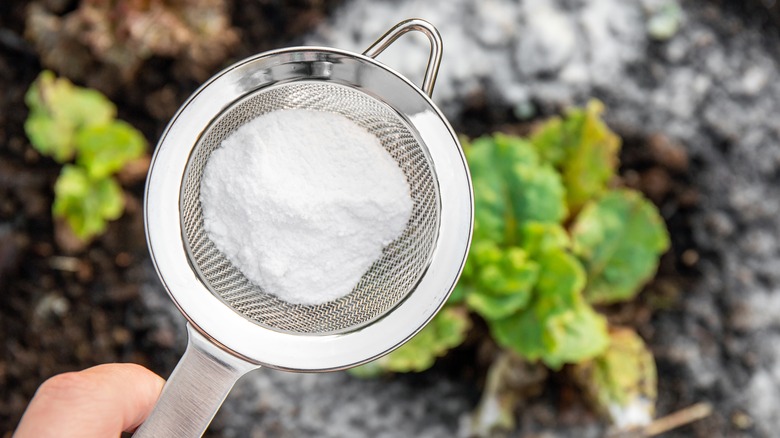
Before making any amendments to your soil, test its pH. This can vary widely depending on where you live. Soils in wetter climates like the American South and Pacific Northwest tend to be acidic, while dry climates like Colorado and Arizona tend to produce more alkaline soil. It’s easy to determine the exact pH of your soil by running a quick test. Kits for this are available online, at garden centers, or at home improvement stores like Lowe’s for around $15.
If your soil is on the acidic side, your daylilies may benefit from the addition of baking soda. Use caution, though — baking soda may seem harmless (as the name suggests, people use it for baking every day), but remember that even alkaline-loving plants like daylilies can only handle so much alkalinity. Daylilies prefer a soil pH of up to 8, while baking soda has a pH of 8.5. Adding too much baking soda too fast could upset your soil’s pH balance and cause more harm than good. Instead, aim to gently increase the pH of your daylilies’ soil.
To care for your daylilies with this common kitchen ingredient, just fill your watering can with 1 gallon of water and mix in 1 tablespoon of baking soda before watering your plants. You can repeat this process every couple of months, and your flowers will thank you with beautiful blooms.

